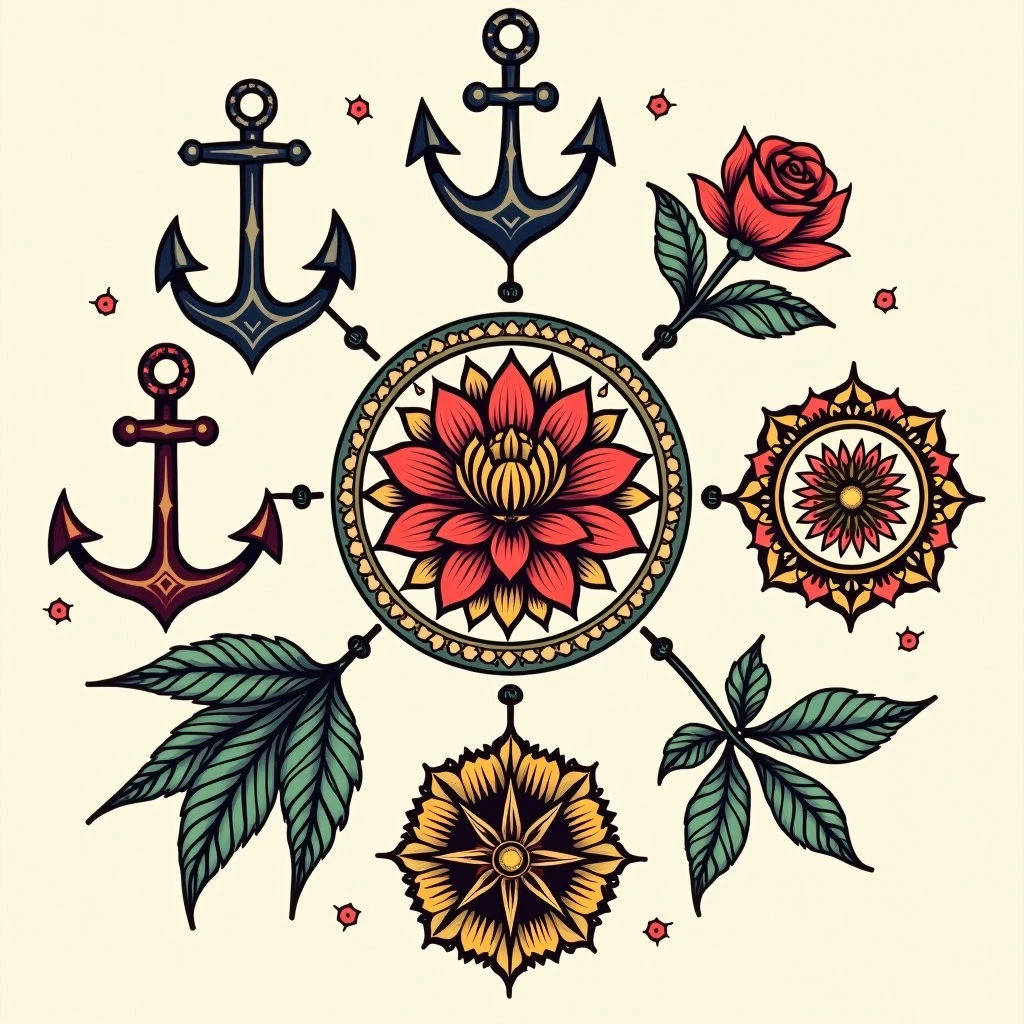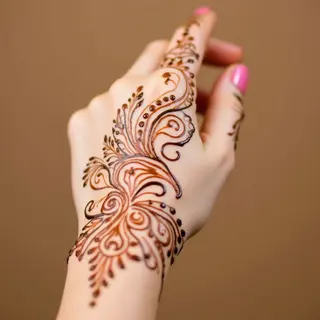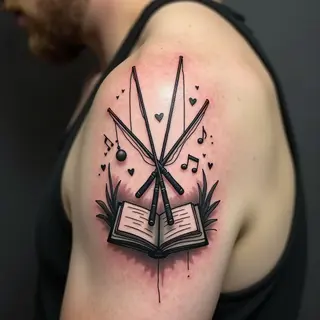Tattoos: Powerful Statements Steeped in History and Symbolism
Throughout cultures worldwide, specific images carry profound meanings – reflecting beliefs, values, and life experiences. Let’s delve into the fascinating world of tattoo symbols.
Ancient Roots & Cultural Significance
Many symbols trace back to ancient civilizations. For example, Polynesian tribal tattoos (tatau) used intricate patterns to represent genealogy, social status, and spiritual protection. The Japanese have a rich tradition of Irezumi, where koi fish symbolize perseverance and strength, while dragons embody wisdom and power.
Common Symbols & Their Meanings
- Anchor: Traditionally representing stability, hope, and safe harbor for sailors.
- Lotus Flower: A symbol of purity, enlightenment, and rebirth in Buddhism.
- Wolf: Often associated with loyalty, family, strength, and guardianship across various cultures.
- Rose: Love, beauty, passion, but also secrecy and loss. The thorns often represent challenges overcome.
- Mandala: Originating from Hinduism and Buddhism, mandalas symbolize the universe and spiritual wholeness.
Personal & Modern Interpretations
While traditional meanings remain important, tattoos are increasingly personalized. A symbol’s meaning can evolve based on individual experiences and connections. It’s about creating a visual representation of your story.
Choosing Your Symbol
Research the history and cultural context of any symbol you consider getting tattooed. Consult with an experienced tattoo artist who understands symbolism to ensure respectful and meaningful placement.


